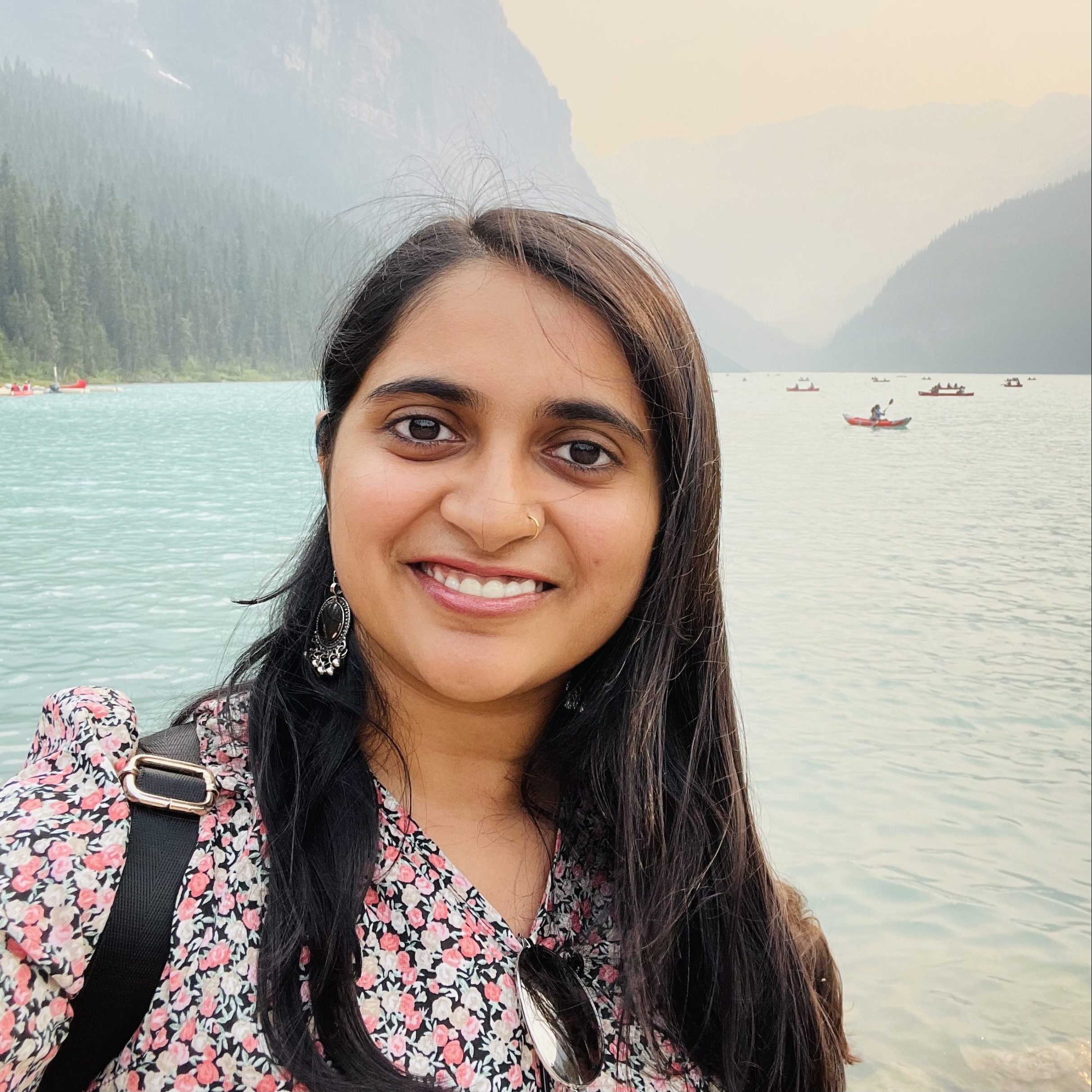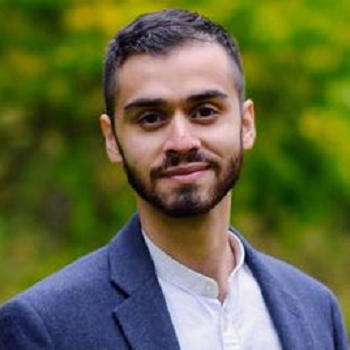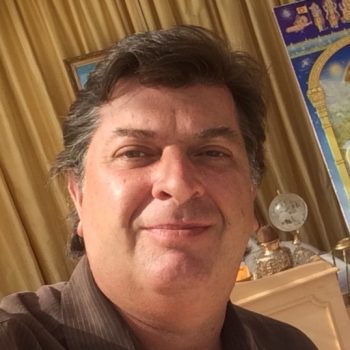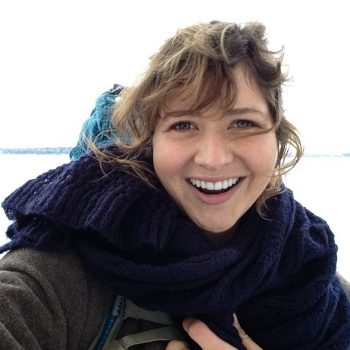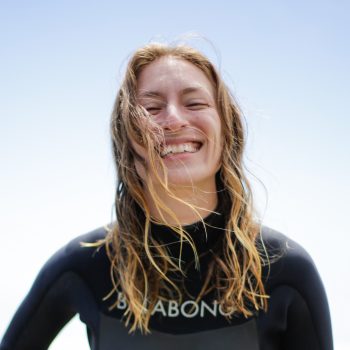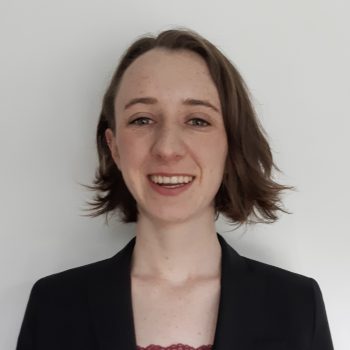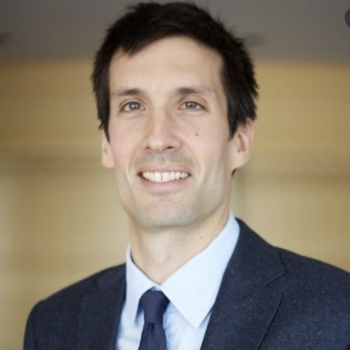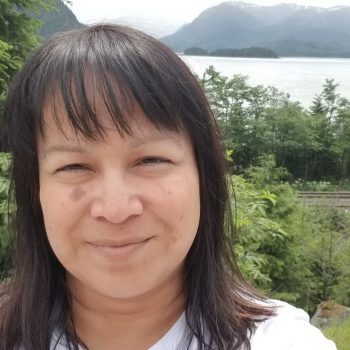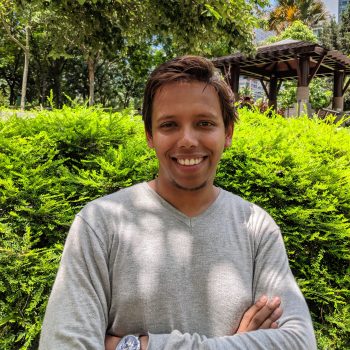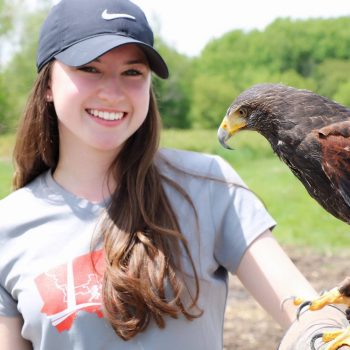
Carly McGregor
MSc with Claire Kremen, 2022
Lab Manager, UBC Plant-Insect Ecology & Evolution Lab
Contact Details
https://piee-lab.landfood.ubc.ca/people/
Research Interests
Bio
Carly is an ecologist driven by solutions-based interdisciplinary environmental research, with special interests in agroecological farming and biodiversity conservation. She completed her MSc in the WoRCS lab with Dr. Claire Kremen in May of 2022. Her thesis research involved evaluating the pollinator conservation potential of farm hedgerows and grassland set-aside fields in the agricultural landscapes of Delta, BC.
She is now a lab manager in the Plant-Insect Ecology & Evolution (PIEE) Lab with Dr. Juli Carrillo in Land & Food Systems. In this role, she is continuing to work with on-farm habitat enhancements, with a focus on their influence on crop pest and natural enemy insect communities. Outside of research, she enjoys hiking, climbing rocks, and baking desserts.
Last updated August 2022
